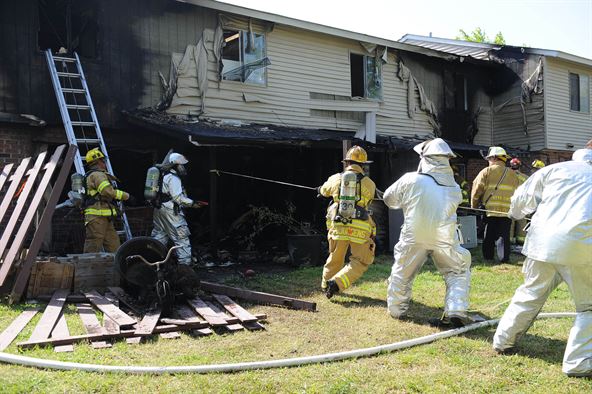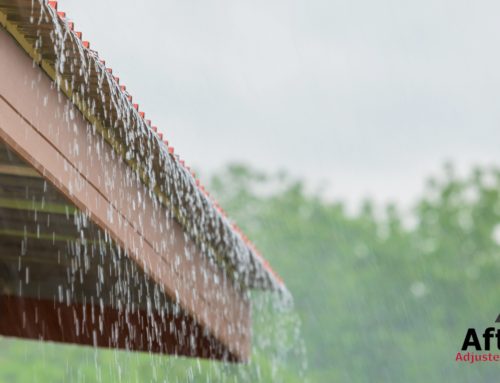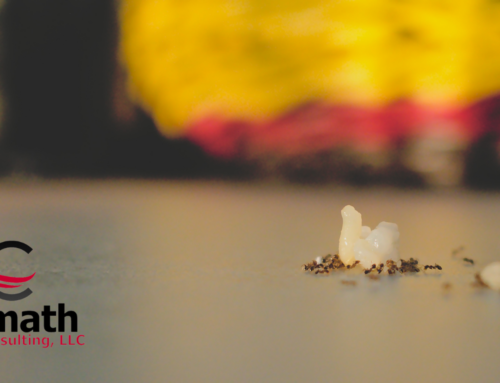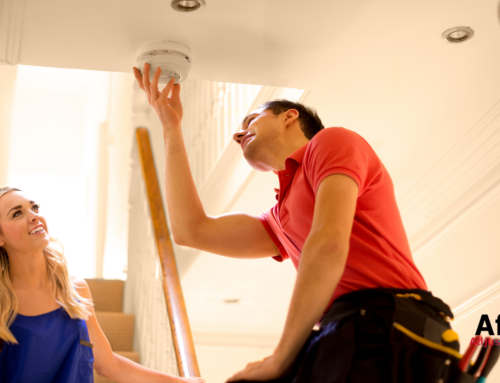In the United States, home fires cause more than 12,600 injuries and over 2,500 deaths each year. Fire damage is estimated to be around $7.3 billion. That’s why fire damage prevention is so important.
Kitchen fires are the most common type of house fire and the leading cause of house fire injuries. The most prevalent causes of nighttime house fires are fireplace sparks, tossed cigarettes, and heating appliances that are too close to the furniture. Even though there are many ways a fire can start in your home, it is important to remember that they can be prevented.
Below, we have compiled some of the best fire damage prevention tips for your home and avoid the loss and destruction that it can bring.
Cooking Precautions
- When you are cooking, make sure to wear tightly rolled, close-fitting, or short sleeves.
- It is suggested that you do not cook while you are tired, drunk, or taking medicine that causes drowsiness.
- Stay in the kitchen when frying, broiling, or grilling food. If you have to leave the room, even for a short time, turn off the heat on the stove before you do.
- If you are using an outside grill, place the grill more than ten feet from the deck railings and house siding. Be sure there are no overhanging tree branches that could catch fire.
Safe Electrical and Appliance Guidelines
- When you have a flickering light or the light switch is hot to the touch, turn them off immediately and swap them out for new ones.
- Because frayed wires can cause fires, make sure appliance cords are not running under any rugs or furniture. Replace any old, worn, or damaged appliance cords.
- Use extension cords appropriately and do not overload them. This is another common way home fires can start.
- If an appliance has a three-pronged plug, only use it in a three-pronged outlet. Do not attempt to force it into a two-way extension cord or outlet, even if it does work.
Portable Heaters Fire Damage Prevention
- When using a heating device, keep any combustible or flammable objects more than three feet away from it.
- Make sure your heater has thermostat control and that it automatically turns off if it falls over.
- Only put K-1 kerosene in heaters that use kerosene gas. Do not overfill them, and only run them in well-ventilated areas.
Smoke Detectors
- Set up smoke alarms inside bedrooms, outside sleeping areas, and on every level of your home.
- Test these smoke alarms once a month. Change the batteries if they are not working.
- Come up with a fire escape plan. Review it with your family and practice the plan twice a year.
If a fire does end up happening in your home despite following fire damage prevention tips, it is vital to remember to get out quickly, remain outside, and call for help. Do not go back inside for anything or anyone. Following these guidelines with help you and your family prevent a house fire from occurring in your home.
Contact Aftermath Adjusters & Consulting LLC at 954-329-2456 if you have experienced fire damage. We can ease the burden you are facing by helping with your insurance claims.









